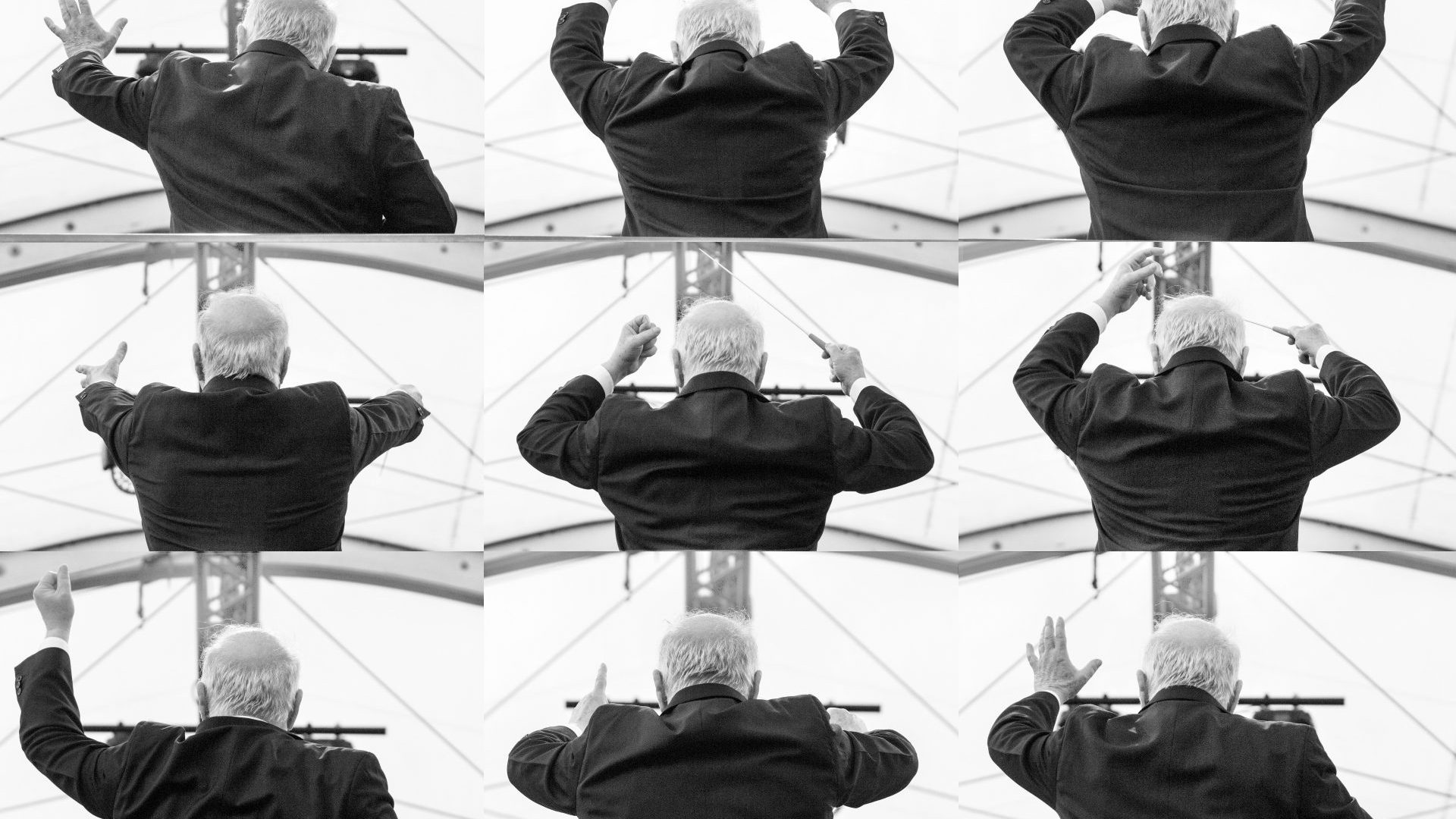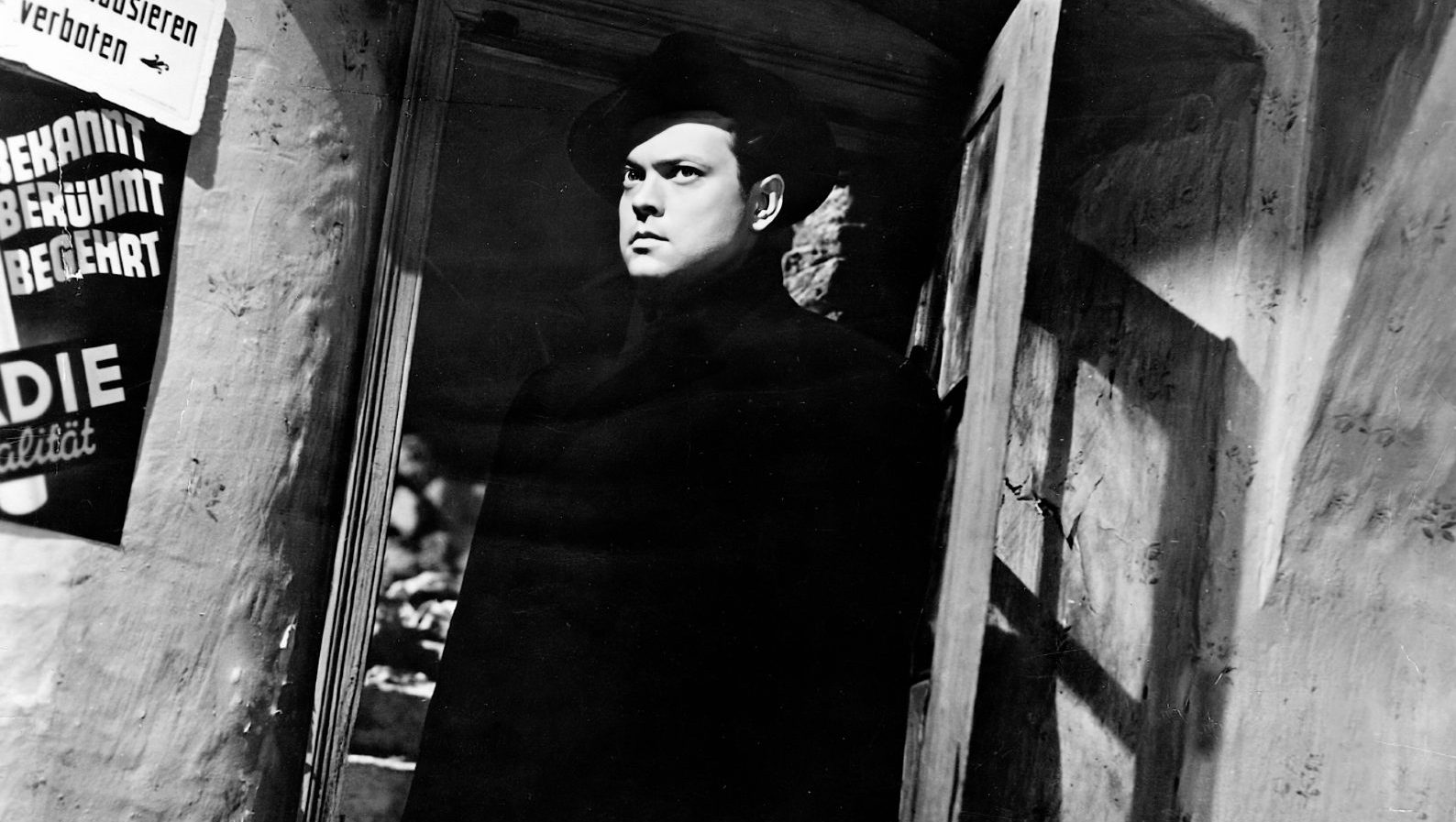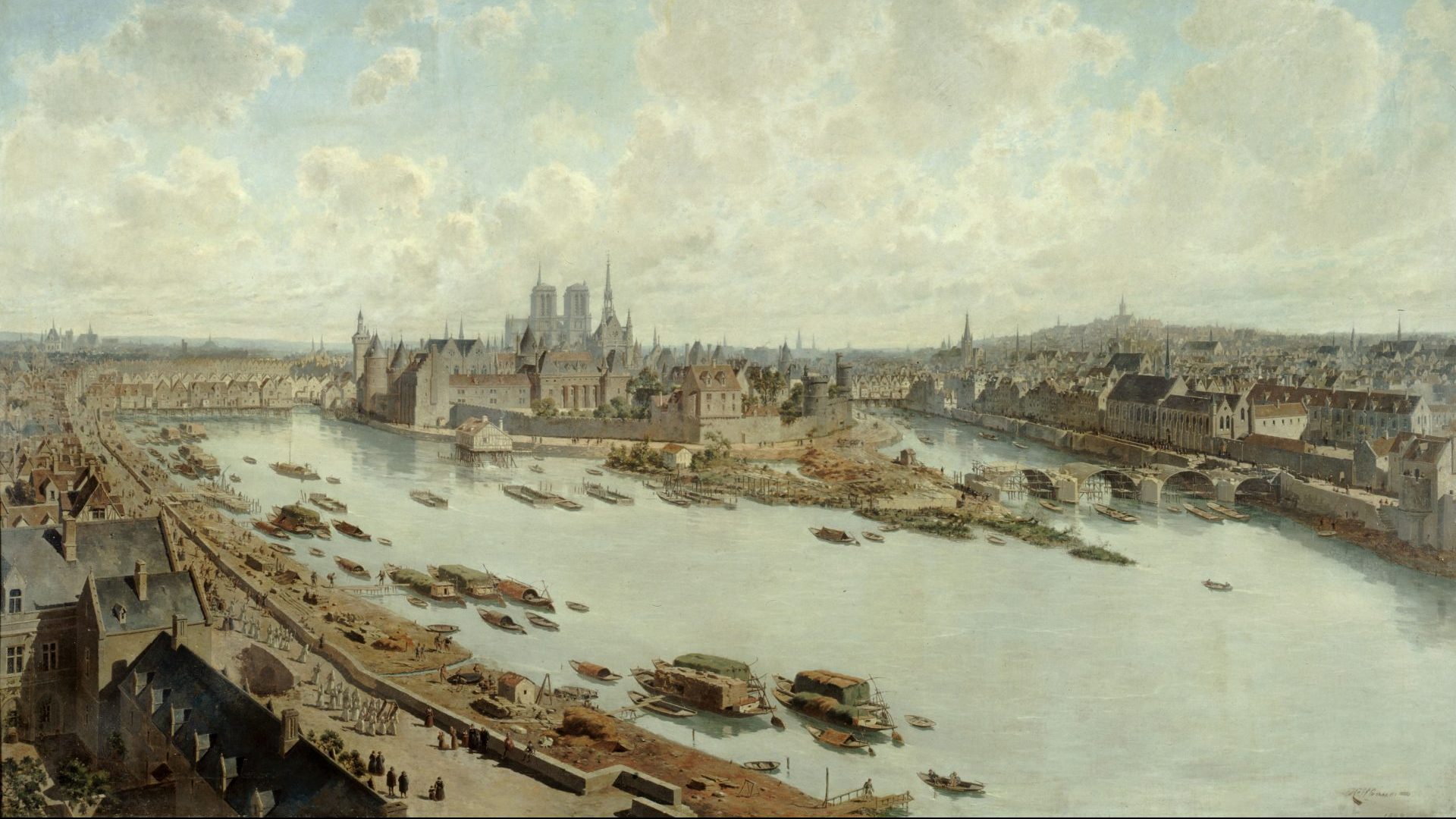Vienna’s Kärntnertortheater was busy on the night of May 7, 1824, which was 200 years ago next week. It was close to capacity, in fact, but what caught the eye of Ludwig van Beethoven was that the royal box was empty.
The composer had travelled to the Schönbrunn Palace a few days earlier to extend a personal invitation for the emperor to attend the premiere of his new symphony, the ninth. Yet the royal household had since decamped to the countryside to make the most of a warm spring.
Beethoven pursed his lips at their absence, not because he desired their approval, more that he had wanted them to understand the message behind his new work.
The orchestra had endured more rehearsals than usual for the symphony, partly because it was technically challenging but mainly because the composer had taken the unprecedented step of introducing a choir to the last movement.
The programme, comprised entirely of new Beethoven work, began with the overture to the Consecration of the House followed by three movements from the Missa Solemnis. Then, after the interval, the choir filed on to the stage and the Kapellmeister Michael Umlauf escorted Beethoven to the podium for the first performance of his Ninth Symphony.
Although Beethoven stood before the orchestra with his conductor’s baton, Umlauf was in charge on the not unreasonable grounds that the composer had been stone-deaf for a decade. Beethoven received a rapturous ovation nonetheless, and once the music began he was soon swept up in the emotion of his work.
He beat what he thought was the tempo by feeling the power of the music through the vibrations of the floor and in the rush of air around his body. When the choir opened up for the fortissimo climax to the final movement it thickened the layers of sound swirling around the swaying Beethoven, eyes closed, lost in the music, mouthing the words he had chosen from Friedrich Schiller’s poem An die Freude, better known today as the Ode to Joy.
Schiller’s poem lifted Beethoven’s musical desire for a world based on freedom, equality and the right to happiness, a universal joy attained through unity and comradeship, to unimagined heights. The hall fizzed with the energy of the work and the power of the massed voices that exhilarated Beethoven to such paroxysms of joy he was still twirling and gesticulating, eyes closed, swamped in personal bliss even after the music had reached its crashing climax.
According to legend, the contralto soloist Karoline Unger had to catch him by the shoulders and spin him around in order that he might see the audience on its feet roaring approval and waving a sea of handkerchiefs.
The royal family may have been absent from the Viennese cultural event of the year but no matter, this was absolutely a symphony for the people, an overt expression of Enlightenment values made tangible by a poem composed almost 30 years earlier by one of the greatest literary and philosophical figures in the history of Europe.
“Deine Zauber binden wieder, Was die Mode streng geteilt,” they sang. “Alle Menschen werden Brüder, Wo dein sanfter Flügel weilt”. Your magic unites what custom has sternly divided. All men shall become brothers, wherever your gentle wings hover.
Friedrich Schiller still bestrides Germanic culture almost 220 years after his death. His star may have waned a little in Britain, but even well into the 19th century, he was as significant a figure here as anywhere in Europe.
Such was Schiller’s standing here, in fact, that in 1859 celebrations were staged across the country to mark the centenary of his birth. Major events took place in Belfast, Liverpool and Manchester while a day-long Schiller festival held at the Crystal Palace in south London drew more than 20,000 people to its performances, eulogies, concerts and a spectacular torchlit procession through the grounds.
In Berlin that year Schiller was hailed as the “leader and saviour” of the German people even half a century after his death.
The nature of the Enlightenment philosophy at the core of his work espousing unity and brotherhood as a route to happiness has appealed to a range of governments and ideologies keen to appropriate Schiller as a philosophical figurehead.
The Nazis hijacked him, with 10,000 productions of his plays staged in Germany under Hitler. An die Freude also made Beethoven’s Ninth Symphony one of the most performed works under the Third Reich, including at the opening ceremony of the 1936 Berlin Olympics.
After the second world war Schiller was claimed by both the new West Germany and their counterparts in the East, where “Schiller belongs to us” was adopted by the party as a slogan. For the Soviet Communist Party, the philosophy of An die Freude made the Ninth a perfect expression of their ethos, preserving it as one of few western works not to be proscribed there and in Mao’s China.
During the 1950s and 1960s, when East and West Germany were obliged to compete in the Olympics as a unified team, the Ode to Joy was employed in lieu of a national anthem at medal ceremonies.
More recently Leonard Bernstein conducted the Berlin Philharmonic in a performance of the work at the Berlin Wall after it fell in 1989, changing Freude, joy, to Freiheit, freedom. In 1971 Ode to Joy became the official anthem of the Council of Europe and since 1985 has been the anthem of the European Union.
Yet without the 36 lines from the poem adopted by Beethoven – they speak, in translation, of joy as a “beautiful spark of divinity” – it is unlikely the piece would have been as widely adopted and adapted by so many ideologies across the world.
Even Ian Smith’s apartheid government in Rhodesia co-opted it as a national anthem for a while, and such is the cachet of the combination of Schiller’s words and Beethoven’s music that the Ode to Joy is likely to be reinvented constantly for new philosophies and manifestos for some time yet.
Beethoven might have created one of the most stirring melodies in the western classical canon but the work has been elevated to the ultimate expression of freedom, unity and social justice by his use of Schiller’s verse.
Philosopher, poet, historian, playwright: Schiller was a genuine polymath. He had a strict Protestant upbringing in Württemberg where his parents intended him to embark on a career in the priesthood but instead at 13 he was enrolled into the Duke of Württemberg’s elite military academy in Stuttgart, an awful ordeal justified by his discovery there of the work of Goethe, Voltaire and Rousseau.
He also wrote his first play The Robbers while still a student there, performed for the first time when he was 23 and still regarded as a landmark in German literature.
The aspiring playwright’s notions of liberty and freedom of expression were only hardened when he absconded from military duty to attend the premiere of The Robbers, for which he was imprisoned for a fortnight and banned from writing.
On his release, he immediately deserted and eventually found his way in 1787 to the remarkable creative and intellectual hub at Weimar where, with fellow resident Goethe, he would establish himself as the voice of a people, a nation and a philosophy that would define a continent.
He had written An die Freude before reaching Weimar. One version of its creation story says that during the summer of 1785 Schiller managed to talk a man out of killing himself, and the poem, written in nine 12-line stanzas, was a response, emphasising the joy to be found in life and in brotherhood.
Schiller first published the poem in 1786 in the second issue of his magazine Rheinsiche Thalia and it became immediately popular as a Gesellschafts und Trinklied, a drinking song, the first of more than 100 musical settings made of the poem.
By 1800, disillusioned by the Great Terror in France, Schiller had cooled in his enthusiasm for the work, labelling it ein schlechtes Gedicht, a bad poem that to him remained inexplicably popular.
He published a revised version in 1803, turning the line Bettler warden Fürstenbruder – beggars will be brothers of princes – to the slightly less overtly revolutionary Alle Menschen wurde Bruder – all men will be brothers – for example, but when he died in 1805 he had come to see the poem as failed idealism, a work that might have been useful to a handful of people, but, as he said in a letter to a friend, “not for the world”.
Beethoven’s philosophical journey took a similar course. By the time the Ninth was premiered in 1824, he had been working on possible settings of the poem for more than a quarter of a century.
Since his teens, Beethoven had been captivated by Enlightenment theory and in An die Freude he found its perfect encapsulation. A volume of Schiller’s verse he obtained as a youth remained one of the composer’s most cherished possessions and he was determined to set the poem to music somehow, prepared to wait until he found the right musical vehicle at the right time.
Disillusioned himself by the messianic regime of his former idol Napoleon and the state repression he saw in the Germany of the 1820s, Schiller’s words became not just solace but inspiration. In the increasingly silent world of his descent into deafness, Beethoven found the poem more and more at the forefront of his thoughts, finally placing it at the climax of his last and greatest symphony.
That night in Vienna 200 years ago brought together two of Europe’s most important cultural figures in a rapturous celebration of humanity and its capacity for joy and friendship that doubled as an indictment of corrupted power.
He may have lost himself entirely in the music during the concert, but the empty seats Beethoven had seen in the royal box must have given him a grim kind of satisfaction. He may even have glanced up at them as his setting of Schiller’s words, “Your magic brings together what custom has sternly divided. All men shall become brothers, wherever your gentle wings hover”, vibrated through the fabric of the building and out into the Viennese night beneath a canopy of stars.




